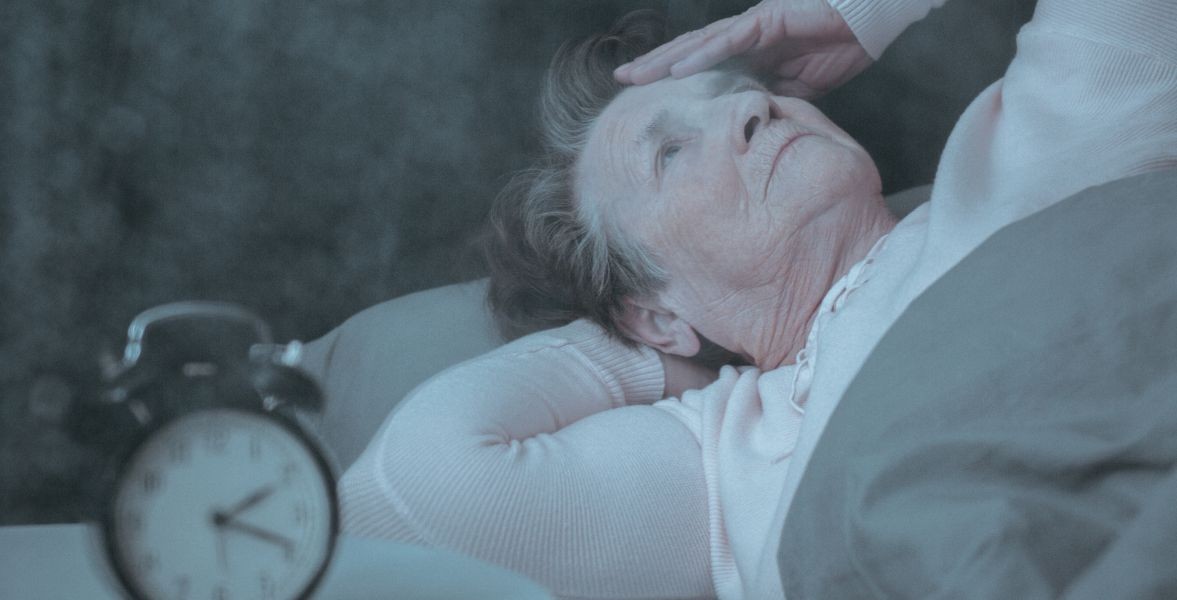Inspirational journeys
Follow the stories of academics and their research expeditions
What is SLEEP APNEA? Symptom , Causes, Types

Sleep apnea affects
approximately 25% of men and nearly 10% of women. This can affect people of all
ages, including infants and children, as well as those over 50 and those who
are overweight. Sleep apnea is a serious sleep disorder that causes breathing to
stop and start repeatedly. If you snore loudly and are tired even after a full
night's sleep, you may have sleep apnea.
If left untreated, this can lead to serious health issues like high blood pressure, stroke, cardiomyopathy, diabetes, and heart attacks. Sleep apnea causes breathing to stop repeatedly during sleep, resulting in loud snoring and daytime exhaustion, even with a full night's sleep. Anyone can develop sleep apnea, but it is most common in overweight older men.
Sleep
apnea can cause:
- Oxygen depletion regularly
- Changes in carbon dioxide
concentrations.
- Pressure changes in the chest have
direct effects on the heart.
- Inflammation markers are at an all-time
high.
There are two types of
sleep apnea:
- Obstructive
sleep apnea occurs when your upper airway becomes blocked repeatedly while
you sleep, causing airflow to be reduced or completely stopped. The most
common type of sleep apnea is this. Obesity, large tonsils, or changes in
hormone levels can all narrow your airway and increase your risk of
obstructive sleep apnea.
- Central sleep apnea occurs when your brain fails to send the necessary signals to allow you to breathe. Central sleep apnea is caused by health conditions that affect how your brain controls your airway and chest muscles.
Symptoms of sleep apnea
Rather than the
patient, the bed partner is often the first to notice the signs of OSA. The
most common signs and symptoms of OSA are as follows:
·
Snoring
·
Daytime drowsiness or exhaustion
·
Sleep problems, such as frequent nighttime awakenings
·
When you first wake up, you may experience a choking
or gasping sensation.
·
You may have a dry mouth or a sore throat when you
wake up.
·
Impaired cognition, such as irritability,
forgetfulness, or difficulty concentrating.
·
Emotional disturbances (depression or anxiety).
·
Nighttime sweats
·
Urination in the middle of the night.
·
Impotence when it comes to sexual activity.
·
Migraines.
People with central sleep apnea are
more likely to have recurrent awakenings or insomnia, though they may also wake
up with a choking or gasping sensation. Symptoms in children may not be as
noticeable and include:
· Poor academic performance
•
Sluggishness
or sleepiness in the classroom is frequently misinterpreted as laziness.
•
Mouth
breathing and swallowing problems during the day.
•
When
inhaling, the ribcage moves inward.
•
Sleeping
in unusual positions, such as on one's hands and knees or with the neck
hyper-extended.
•
Excessive
night sweating
•
Behavioral
and learning disorders (hyperactivity, attention deficits).
•
Bedwetting.
This condition can affect anyone, but
certain factors make you more vulnerable:
·
Being overweight
·
Having a large neck circumference
can narrow your airways
·
Having a narrowed
airway due to large tonsils or adenoids that you inherited or developed
·
Smoking
·
Use of alcohol,
sedatives, or tranquilizers
·
Nasal congestion
·
Type 2 diabetes,
congestive heart failure, high blood pressure, Parkinson's disease, PCOS,
hormonal disorders, prior stroke, or chronic lung diseases like asthma are
examples of medical conditions.
Conservative
treatments: Conservative therapy may be
all that is required in mild cases of obstructive sleep apnea. People who are
overweight can benefit from losing weight. Alcohol and certain sleeping pills
should be avoided by people with obstructive sleep apnea. Breathing pauses
occur only when some patients with mild obstructive sleep apnea sleep on their
backs. In such cases, a wedge pillow or other devices that allow them to sleep
on their side may be beneficial. Nasal sprays or breathing strips should be
used by people with sinus problems or nasal congestion to reduce snoring and
improve airflow for more comfortable nighttime breathing. For all patients with
sleep disorders, avoiding sleep deprivation is critical.
When to consult a
doctor: Although
loud snoring may indicate a serious problem, not everyone with sleep apnea
snores. Consult your doctor if you have signs or symptoms of sleep apnea.
Consult your doctor if you're tired, sleepy, or irritable due to a sleep
problem.
0 Comments
Categories
Recent posts
IQAI: Transforming Healthcare - One Success Story at a Time
Wed, 20 Sep 2023





Leave a comment